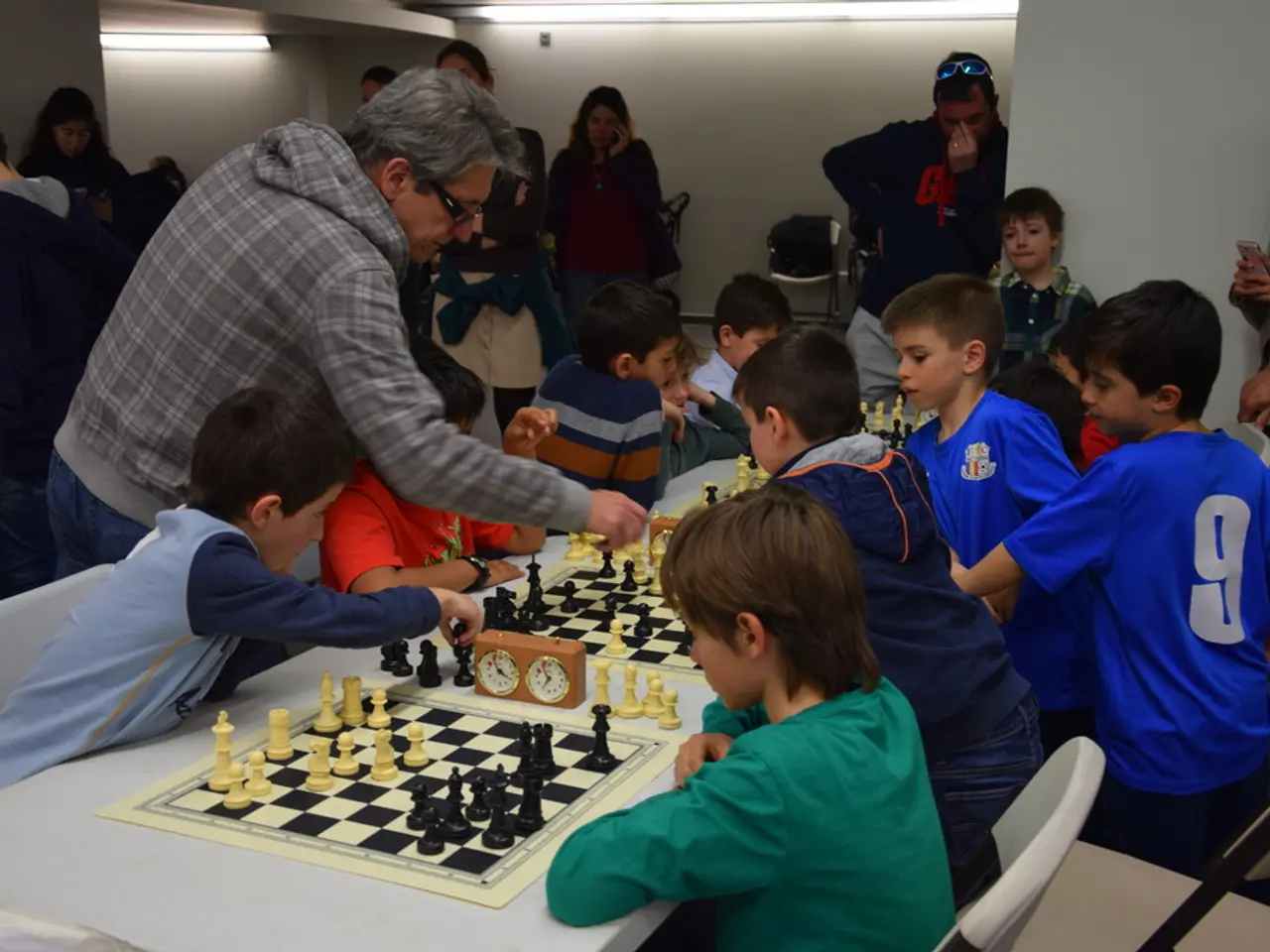Young people in British Columbia are increasingly engaging in gambling and gaming activities involving real money.
In British Columbia, a concerning trend has emerged among adolescents aged 12 to 18. According to the 2023 BC Adolescent Health Survey, compiled by the McCreary Centre Society, an increasing number of young people are engaging in gambling and gaming activities for real money.
The survey, which collected and processed data from 38,000 youth, found that over one-third (34%) of the participants reported participating in at least one of the eight activities mentioned in the survey. Online sports betting was the most common traditional gambling activity among the youth.
The survey also paid attention to the rate of youth seeking help for their behaviour, which was qualified as risky by the survey. 12% of those who sought help did so because of their gaming and accompanying purchases, while another 1% needed help with both gaming and gambling.
Playing cards and dice online has more than doubled in the five years between the surveys. A significant portion of the surveyed youth's spending on these activities is on buying loot boxes and other in-game cosmetics.
Loot boxes are not considered a form of gambling in most jurisdictions, with only a few, such as the Netherlands and Belgium, banning these mechanisms.
The McCreary Centre Society Executive Director, Annie Smith, commented on the latest survey data, noting that social isolation could be a contributing factor in driving risky gaming and gambling behaviour among the youth. She emphasized the importance of addressing this issue and providing support to those in need.
Youth from smaller areas, which struggle to fund community centers or organized sports, could see a higher number of 12-18-year-olds struggling to control their gaming and gambling behaviour.
It is worth noting that only 1% of the surveyed youth admitted to having a gambling problem in the traditional sense. However, this statistic may not fully capture the extent of the issue, as many young people may not recognise or be willing to admit to having a problem.
The survey results do not provide information about the person who leads the McCreary Center Society or their name. Nonetheless, the findings of the survey serve as a call to action for policymakers, educators, and community leaders to address the growing issue of youth gambling and gaming in British Columbia.
Read also:
- Understanding Hemorrhagic Gastroenteritis: Key Facts
- Stopping Osteoporosis Treatment: Timeline Considerations
- Tobacco industry's suggested changes on a legislative modification are disregarded by health journalists
- Expanded Community Health Involvement by CK Birla Hospitals, Jaipur, Maintained Through Consistent Outreach Programs Across Rajasthan








